If you’ve been looking at land or have been planning to build a house, you’ve probably heard that you should do a soil test. But what exactly is the point of a soil test? What does it tell your builder and how could it potentially save you from purchasing a dud piece of land? Today, we’re examining soil testing in Brisbane, explaining how it works and why it’s an essential part of the building process. We’ll also provide some tips on finding the right soil technician for your property.
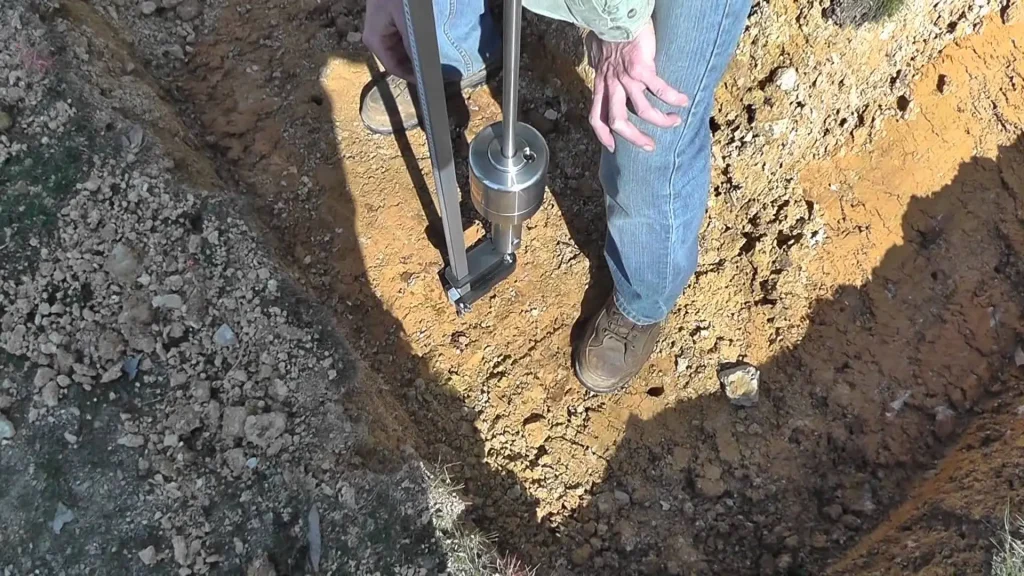
Why is soil testing important?
Soil tests (also called geotechnical testing) play an essential role in determining soil conditions and site conditions in both residential and commercial construction. The main reason soil testing is such an important part of a site investigation is it is the key to understanding the makeup of your soil. What the test determines is ‘Soil reactivity whether there are any physical conditions or chemical factors that could affect your construction project. Soil reactivity is the determination of how much the site’s soil is likely to move, contract and expand as a result of moisture content, which in turn, indicates the stability of the land itself.
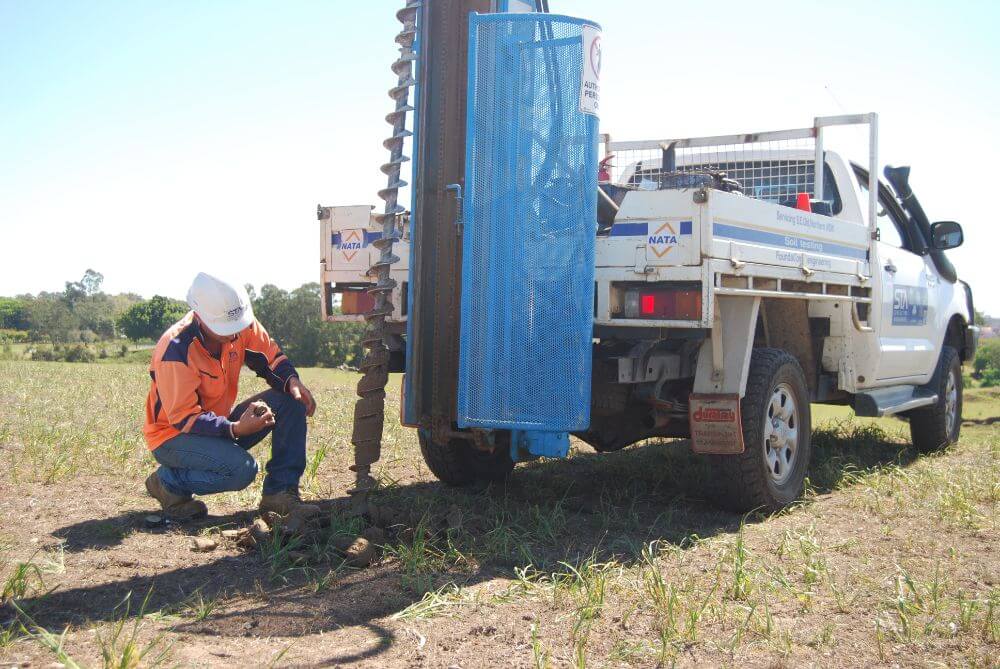
As you can imagine, knowing the stability of the land and how much weight it can bear is important if you’re planning to build a house on it. From the results of the soil test, your builder will be able to determine the type of footings, slab or foundation that can be built on your property. Basically, it’ll help determine the best design and materials to use for your build. Less stable soil may require deeper footings or a different foundation to help ensure a stable finished product.
Benefits of soil testing
- Helps determine the best location for a new construction
- Assess the quality of your soil
- Assists your builder in determining the best foundation for your house
- Plays an important role in designing a drainage system for your property
- Helps detect and avoid potential problems, such as sinkholes and other foundation problems. Believe us, preventing these issues is a lot cheaper and simpler than fixing them once they’ve happened.
What are the soil classifications?
When a soil test is conducted on your property, your land will be given a site classification that serves as a general indicator of your block’s stability. The possible types of soil classifications are as follows:
- Class A – Land is stable and non-reactive. Moisture will lead to little to no ground movement. Most commonly given to sand and rock sites
- Class S – This indicates there is a chance of slight ground movement. This grade is often given to clay sites.
- Class M – There’s a possibility of moderate ground movement. This classification is usually given to clay or silt sites.
- Class H – A high chance of ground movement.
- Class E – An extremely high chance of ground movement. You may need to consult a structural engineer.
- Class P – This means you have a problem site. Ground moisture could cause very severe ground movement. Anyone looking to build on a Class P classified block of land will need to consult a structural engineer.
If your land is a Class A or Class S, you’ll most likely only need a basic slab and you’ll be good to go. All other classifications will need some extra reinforcement to ensure the house is safe and stable. The degree to which your house needs to be reinforced will depend on your classification.
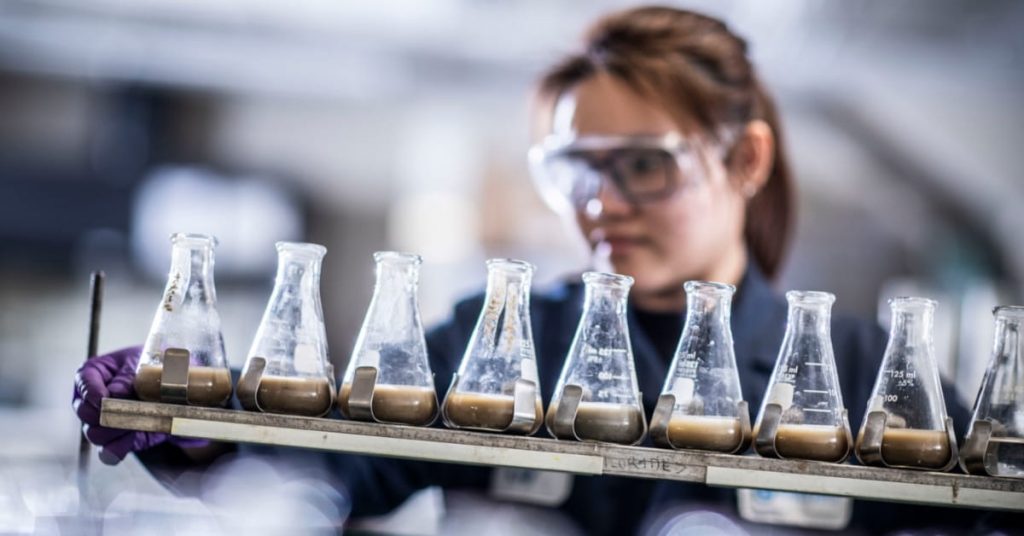
Who needs soil testing?
Soil tests are standard practice for any building project as it provides the essential information you can’t get by simply looking at your block. Furthermore, they’re usually a requirement to obtain a building permit. No matter how beautiful and stable a block of land looks to the naked eye, the only way you’ll know what you’re dealing with is to perform your due diligence and perform a soil test.
Soil testing should be done with each building project. If you’re performing a knockdown rebuild, you need to perform a soil test both before and after the demolishing. Your land will be altered by the demolition process, so a second soil test is a way of updating your builder and helping them understand what they’re dealing with.
Can you test the soil yourself?
It is possible to perform a soil test yourself, but it’s one of those tasks that is a lot more complicated than it sounds. Interpreting results can be overwhelming for a novice, and let’s remember, the whole point of doing a soil test is to get a better understanding of what you’re dealing with. Even if you’re collecting the soil samples yourself, you’ll still need to send them off to laboratory testing services to get a result.
We recommend having a soil test performed by a professional engineer, soil technician or geologist to ensure you get reliable information and to give you peace of mind.
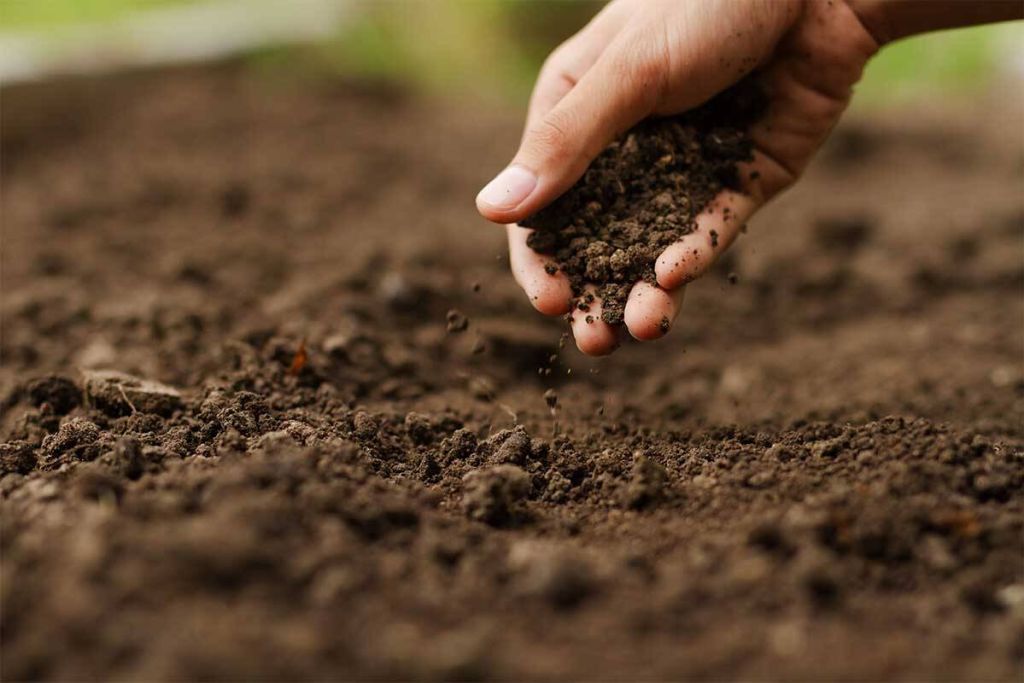
What is the soil testing process when building on or buying a block of land?
Soil testing happens in the earliest stages of a build and needs to be done before any construction begins. This is because the information you get from the test can determine major elements of your home design and how your builder will approach construction.
There are two key components to a soil test, which are:
- Field soil analysis where the soil is collected along with data and site measurements.
- Laboratory testing on the collected soil samples.
The field component includes the extraction of soil, documentation of site features such as trees, drainage, slopes and existing structures, and collection of field data.
The laboratory testing services will be used to determine the make-up of your soil and how suitable it is for your needs.
On-site soil investigation steps
On-site soil testing can include all or some of the following steps:
- Boreholes
- Dynamic Cone Penetrometer (DCP) helps determine bearing capacity
- Pocket Penetrometer (PP)
- Shear Vane Test
- pH and Salinity Test
- Identification of groundwater
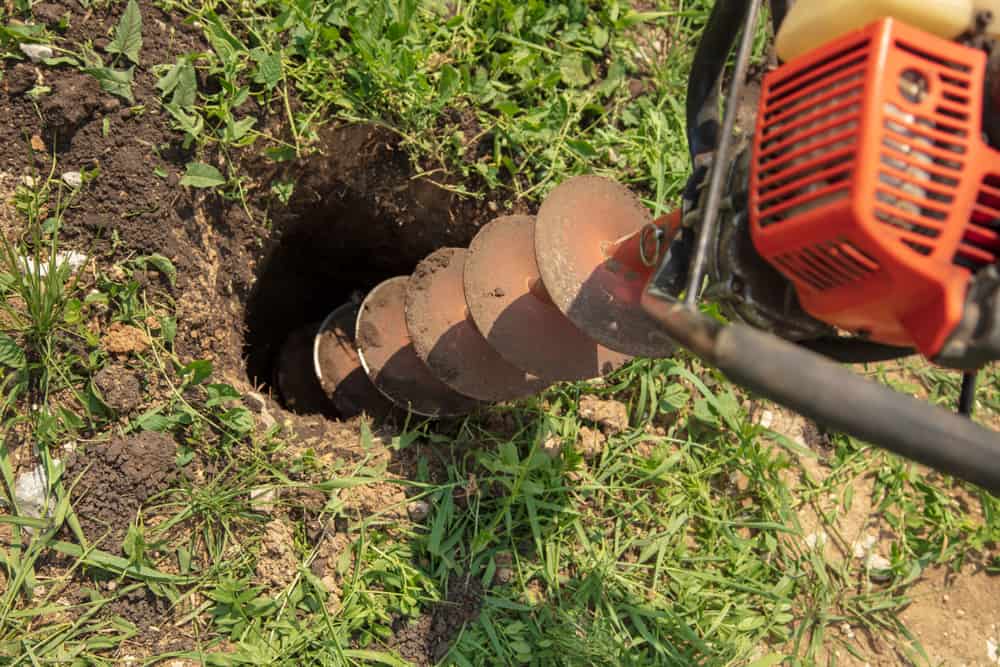
Compaction Testing
Compaction testing is to determine the structural integrity and to ensure the soil has been compacted to meet specifications. In other words, it ensures the density of your land can handle the building you’re about to construct on it.
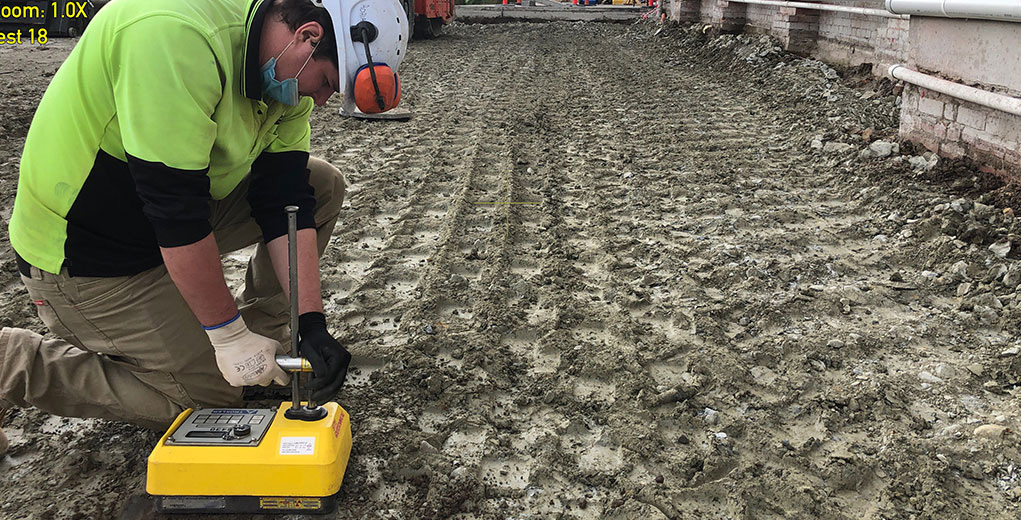
What will a soil test report include?
Site information
- Information supplied by the client
- Findings of test
- Fieldwork and laboratory test results
- Subsurface conditions
- Site classification
- Comments & recommendations
- Glossary of terms
- General notes

How much does soil testing cost in Brisbane?
Geotechnical services will vary in price depending on the property and how much testing needs to be done. On average, you’ll be looking at between $1,000 to $5,000 for an independent soil test. While this may seem like a lot, it’s well worth it in the long run. If an agent seems very keen to talk you out of performing a soil test on a block of land, consider why and either book that soil test or walk away.

Our tips to help you find a soil testing service in Brisbane
Check Qualifications
Most contractors are honest and hardworking, but there are a few scammers that ruin it for everyone else. There’s nothing wrong with asking about a contractor’s qualifications. If it helps them get the job, they’ll be more than happy to provide their credentials to you.
Check reviews
Reviews aren’t the be-all and end-all of whether a contractor is any good, but they can give you a feel for what clients liked and didn’t like about them.
Experience
Ask your soil technician if they have experience in the region and similar properties to yours and how long they’ve been soil testing. If you’re worried about something specific (clay ground, sloping blocks, etc) ask how much experience they have with these issues.
Ask about timeframes and what to expect from their reports.
It’s perfectly reasonable to get an estimated timeframe and a general idea of what their reports will look like. This will help you plan other tasks you need to organise for your build.
Seek advice from an impartial source
At buildi, we can help find the best soil testing company in your area. We are big proponents of performing independent soil tests as part of your due diligence when buying land. Get in touch with us to find out more.
Red flags to look out for before hiring a soil testing company in Brisbane
- Poor or no reviews
- Wants money upfront
- Lack of qualifications

Which companies provide the most reputable and highly rated soil testing services in Brisbane?
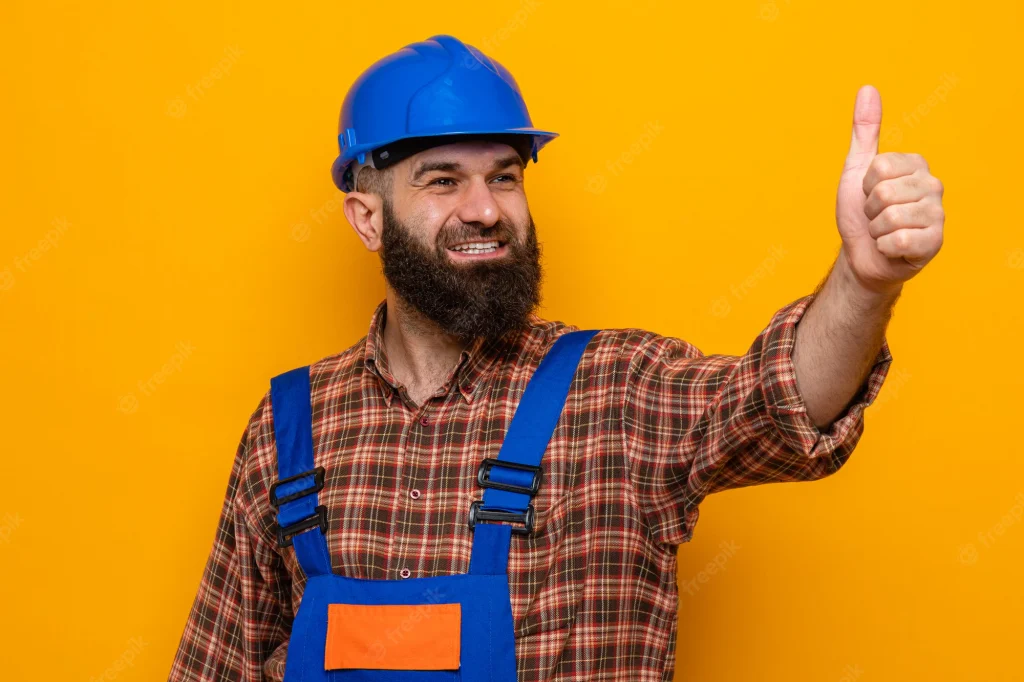
STA Consulting Engineers
Specialising in residential developments, STA Consulting has three decades of experience and operates in Bundaberg, Central Queensland, all the way to Southern New South Wales.
Express Soil Testing Brisbane
Servicing South East Queensland, Brisbane, Gold Coast, Sunshine Coast and Toowoomba. Provide a wide range of services including soil testing and classification, septic percolation testing and slope stability assessment.
Premier Soil Testing
With over 45 years of experience, Premier Soil Testing offers its services throughout Greater Brisbane, Sunshine Coast, Gold Coast and Toowoomba.
Viper Soil Testing
With 20 years in the construction industry, Viper Soil has provided geotechnical services for vacant blocks, new builds, extensions and additions.
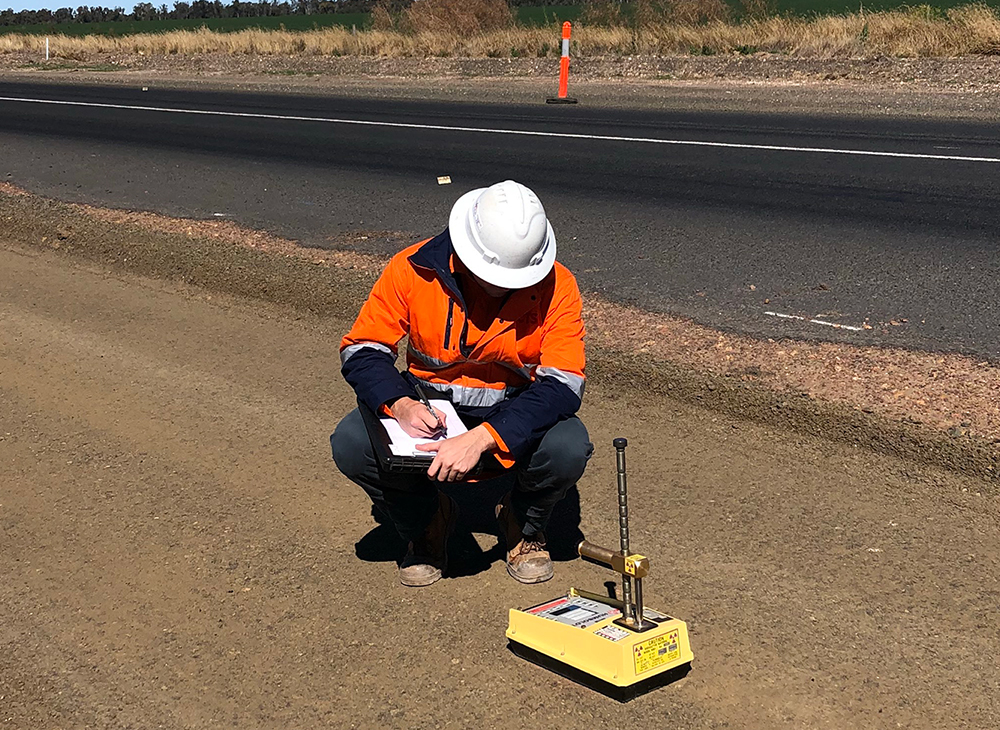


0 Comments